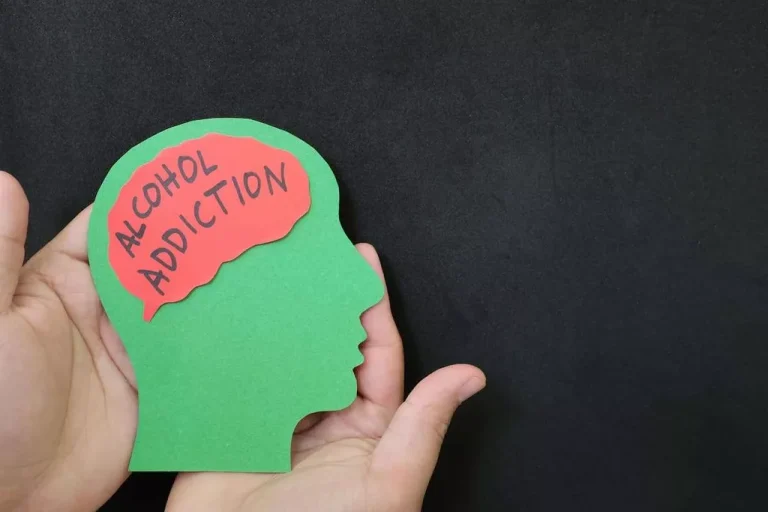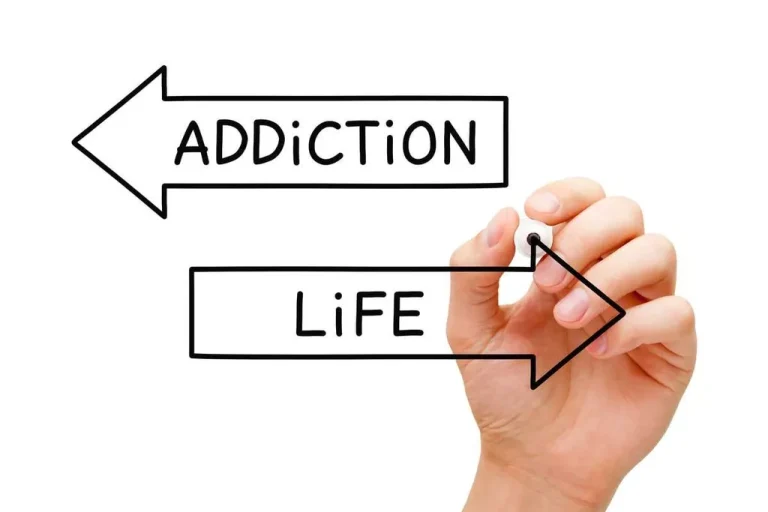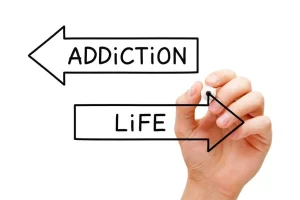Most heavy drinkers will develop a hefty beer gut or wine tummy. But even if you don’t consume massive amounts of alcohol, you could still be subjecting yourself to serious weight gain. It’s essential to be aware of both the direct and indirect effects of alcohol on your weight.
- Her work has appeared in EatingWell, Women’s Health, Weight Watchers, Men’s Health, Shape, Woman’s Day, Prevention, Fitbit and other publications and websites.
- Furthermore, factors that may explain the conflicting findings in this research area are discussed.
- Additionally, drinking excessively has been shown to increase the risk of accidents and injuries.
- But calorie content is just the beginning of your alcohol-induced weight gain journey.
- Hunger and satiety hormones can also become thrown off, causing you to eat more.
Can Beer Give You a Big Belly?
It’s the reason why men get beer bellies at any age, because their oestrogen levels are much lower. As anyone who has chowed down on Taco Bell or Pizza Hut after a night at the bars can attest, alcohol makes you hungry. Some varieties of beer are also flavored with fruit or herbs and spices. Alcoholics can drinking alcohol make you gain weight Anonymous is available almost everywhere and provides a place to openly and nonjudgmentally discuss alcohol issues with others who have alcohol use disorder. Long-term alcohol use can change your brain’s wiring in much more significant ways.
Makes It Harder To Get Quality Sleep
Some studies have also shown that drinking alcohol can increase your appetite in the short term, causing you to eat more than you otherwise would (4). What’s more, calories from alcohol are typically considered empty calories, since most alcoholic drinks do not provide substantial amounts of vitamins, minerals, or other nutrients. But there’s plenty of research to back up the notion that alcohol does lead to weight gain in general. “The good news is that earlier stages of steatotic liver disease are usually completely reversible in about four to six weeks if you abstain from drinking alcohol,” Dr. Sengupta assures.
It messes with your hormones
Most of the calories in wine come from alcohol and various amounts of carbs. Heavy drinking can also lead to a host of health concerns, like brain damage, heart disease, cirrhosis of the liver and even certain kinds of cancer. What is the best way to replenish energy reserves in the body? This is why you enthusiastically shove cold slices of pizza in your face the day after drinking.
Due to factors like hormone changes, increases in appetite, fat-burning inhibition, inflammation, and more, alcohol can definitely cause weight gain. However, like all things in the world of nutrition, this is not true for everybody. Unfortunately, there’s not one perfect diet for reducing belly fat. However, diets that contain low amounts of processed meats, sugary drinks and refined grain products have been linked with smaller waistlines (40, 41). Another reason men may be at more risk of getting a beer belly is due to alcohol’s effect on the male sex hormone testosterone. Drinking alcoholic drinks like beer has been shown to lower levels of testosterone (27, 28, 29).
But alcohol contains 7 cal per gram, almost double the amount (1). And this will have a more significant impact on you gaining weight from alcohol rather than just the calories the alcohol contains. Drinking a glass of wine here and there is fine for most healthy adults and most diets. Red wine is the better option over white or sparkling varietals if you want a side of antioxidants with each glass. That combo can spell disaster for your diet — especially if you like high-calorie snacks.
How Alcohol Can Affect Weight and Body Composition
Instead, changing your drinking habits can help you manage your weight. Some evidence suggests that heavy drinking may cause your adrenal glands not to regulate how much cortisol they secrete. As a result, people who drink heavily may have high cortisol levels. Weight is certainly not the only factor when it comes to health. Still, there are a few things you may want to know about alcohol intake and body composition if you think drinking may affect your weight. If you’d like to prevent weight gain and still enjoy drinking, try choosing lower-calorie alcoholic beverages and manage how much alcohol you consume.






